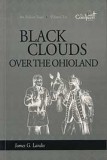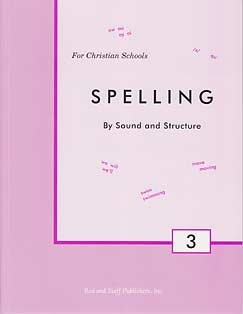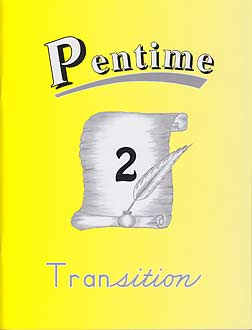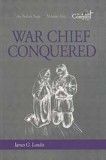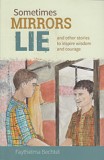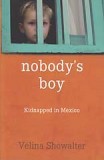
The Final Conquest (Volume 7) - "The Conquest Series"
- Paper cover
- 240 pages
- 1.016 lbs
Item #41-3190
American History Through Indian Eyes
Volume 7 of The Conquest Series; sequel to Black Clouds Over the Ohioland.
In The Final Conquest, the Revolutionary War rages through the Ohioland, further testing the faith of the believers in three Christian Indian villages along the Muskingum River. Threatened with death and destruction on every side, the believing Indians and their beloved teachers cannot determine who are their real friends or enemies.
Despite numerous death threats and a number of attacks, the white teachers loyally stand by their flocks and trust in God to watch over them. Yet they fear the British Indians and look to the Americans for protection. While professing neutrality in the conflict, John Heckewelder and David Zeisberger seek to "save lives" by secretly sending letters to the American military, warning of coming attacks by the British Indians.
On the other hand, the believing Indians fear the Americans with their broken treaties, wanton murders, and threats of "visits." Furthermore, they understand the natural Indian desire for peace and a secure homeland. The believing Indians trust their own tribal nations and agree with why the Wyandot Half King "stopped up" the road to Fort Pitt and ordered that the letters should no longer go.
In The Final Conquest, you will learn the answer to which side in the conflict one could trust and the difference between being a practical pacifist or a nonresistant believer. And you will discover the true meaning of the gold medallion and its promise to Isaac Glikkikan of a permanent homeland for his people.
Contents
- List of Illustrations and Maps
- Credits
- Foreword
- Timeline
Volume Seven: The Final Conquest
- 1. The Broken Reed (1779)
- 2. A Time of Confusion (1780)
- 3. The Prophecy (1781)
- 4. Bound for Captive Town (1781)
- 5. More Than Conquerors (1782)
Appendix
- A. Cast of Main Characters
- B. Place Names
- C. For the Record
- D. The Truth of the Matter
- E. War Attitudes
- Bibliography
- About the Author


